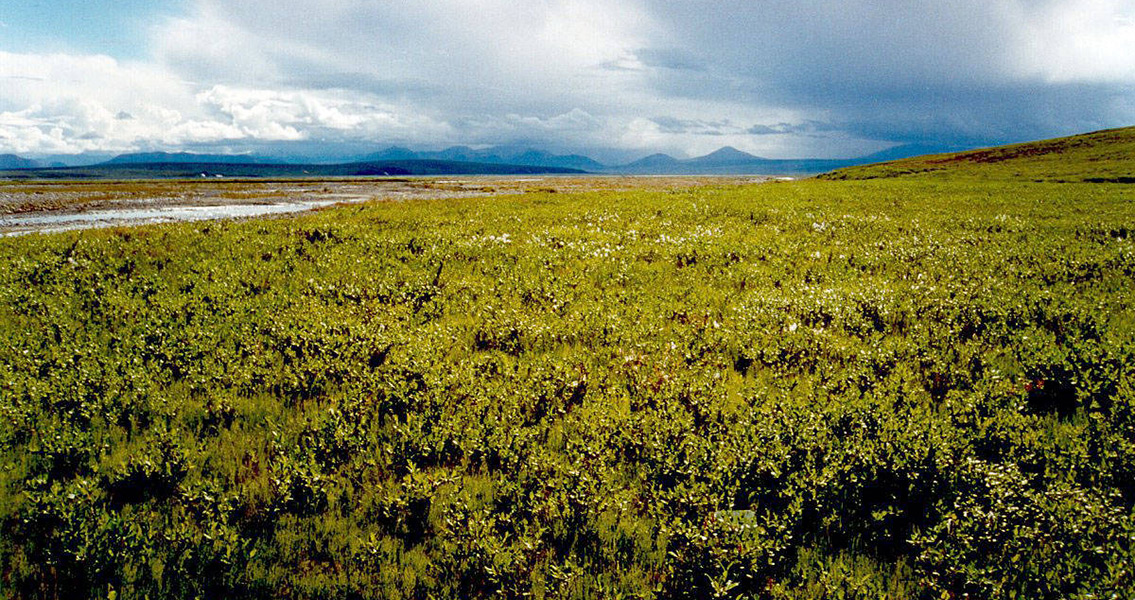<![CDATA[A recent study suggests rates of climate change have been underestimated in the geological record. The conclusion, which points to systematic problems in how the speed of temperature change is recorded, could have huge ramifications in the modern day climate change debate. One of the main arguments to prove modern day global warming is unusual is to point out that the earth's temperature is currently changing at a faster rate than it has ever done before. Understanding the magnitude and speed of past climate change is of course crucial to the present. It provides paleobiologists evidence and insight into how modern climate change could affect ecosystems and life on earth. Published in the journal Nature Communications, the new study was performed by a team of scientists from Friedrich-Alexander University (FAU) and the University of Aberdeen. For their study, the team investigated around 200 examples of climate change analyses for various periods of earth's geological history. They concluded that when measured over a large timescale, rate of climate change seems lower. In essence, they argue that for every 10-fold increase in the measurement time span, the rate of climate change would seem to decrease 8-fold. As such, the geological scale often used by scientists to map ancient climate change is misleading. Dr. David Kemp, from the Aberdeen University School of Geosciences and the lead author of the study, summarised the results in a press release from the university. "Our work shows that rates of temperature change through Earth’s history scale with the time span over which the changes are measured, meaning that the rates of recorded change are inevitably slower when measured over longer and longer time periods. "When you look at geological changes in temperature, which can typically only be measured over thousands to tens of thousands of years, you inevitably don't capture the detail and full variability of changes that we know from more modern records occur on much shorter timescales." As such, according to the arguments of this study an analysis of climate over the last century would of course show a much faster rate of change than one which looked at an entire epoch in the past, such as the Permian-Triassic boundary, a 60,000 year period when the temperatures of the ocean rose by a full 10 degrees. Scientists can look at modern climate fluctuations in minute detail, but when they look at instances of climate change from geological history, they are often restricted to scales in the order of tens of thousands of years. In the study itself, the authors offer an explanation for the trend they have observed. "The logical explanation for this scaling is that climate change does not proceed in a linear, monotonic manner, but is instead characterized by transient stasis and reversals, even during episodes of extreme warming." Although seemingly a boon to those who wish to downplay the significance of modern climate change, the team are quick to point out that all their research has done is highlight the limitations in our understanding of ancient climate change. Professor Wolfgang Kiessling, one of the authors from FAU, said in the University of Aberdeen press release. "Our work emphasises how the geological record biases the data. More recent history shows that significant climate change can occur over short periods of time, and it is these types of relatively short-term events that cannot be resolved from the geological record." Their study doesn't deny that the climate is currently changing quickly and should be a cause for concern, but rather highlights the dangers of making comparisons with the past. For more information: www.nature.com Image courtesy of Wikimedia Commons user: U.S. Fish and Wildlife Service Headquarters]]>
Rates of Ancient Climate Change Underestimated
